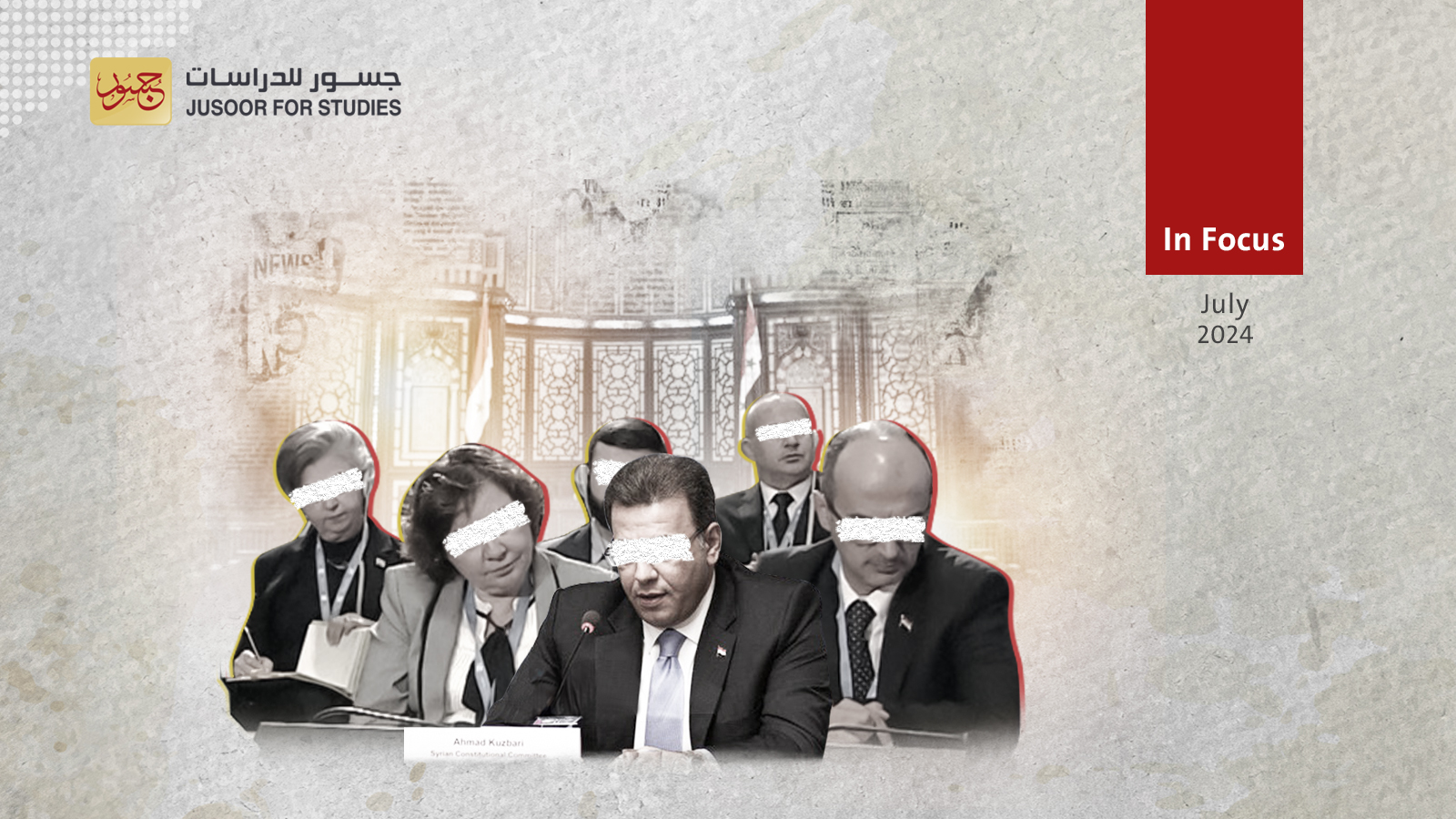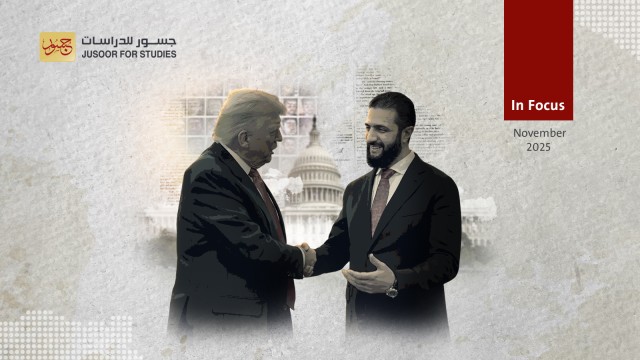Regime Election Further Undermines UN Committee
On July 29, the Syrian regime published the names of the members of its rubber-stamp legislature, following elections held in mid-July. The list revealed that the president and several members of the Constitutional Committee formed in 2019 under the auspices of the United Nations had been ousted from the parliament.
The 50-member committee, formed in accordance with Security Council Resolution 2254 (2015) and including regime and opposition delegations, was intended to advance the Syrian peace process by amending the country’s constitution. It had initially included 19 regime representatives, all of them members of the People’s Assembly, and seven of whom were also on the 15-member reduced body known as the Mini-Committee.
The regime had last held elections to its rubber-stamp parliament in 2020, through which it removed nine members of the constitutional committee, including three members of the Mini-Committee.
July’s election to the Peoples’ Assembly for its fourth legislative session removed a further six members of the expanded committee, among them two members of the Mini-Committee—most notably, the full committee’s Co-Chair Ahmed al-Kuzbari, who has been a member of the Syrian parliament since 2012 and formerly headed its Constitutional and Legislative Affairs Committee.
The latest development thus leaves the Constitutional Committee with only four members of the People’s Assembly. Two are members of the Mini-Committee: Jamal Abd al-Razzaq Qadri, a Baath party member from Rif Dimashq who representing workers and farmers, who belongs to the Baath Party; and Mohammad Akram al-Ajlani from Damascus governorate, who also represents the workers and farmers sector as part of businessman Mohammad Hamsho’s Sham list.
The other two are members of the expanded committee: Raida Yassin Waqqaf from Tartus governorate, another Baathist who ran on the Damascus governorate list for the workers’ and farmers’ sector; and Rimone Sabra Hilal from Rif Dimashq, a Baath party member representing other sectors of the population.
The regime has thus doubled down on its position towards the Constitutional Committee since its first meeting in Geneva, when President Bashar al-Assad denied that the delegation to the committee represented his regime and said it only represented the viewpoint of its government, which was not officially part of the negotiations.
He also said that while the delegation in Geneva was supported by the regime and drew its membership from the same political milieu, this did not mean that the government was participating in the negotiations—indeed, it had no legal presence on the Constitutional Committee, and it did not recognize any of the three parties taking part.
The removal of all but a handful of members of parliament from the Constitutional Committee shows that the regime places very little importance on the body, and has no intention of supporting its efforts to reach any solid conclusions—or even to convene after a long hiatus.
This indicates that Damascus will treat any decisions by the committee as little more than the outcome of discussions among parties with zero official status or mandate, and which operate outside any official framework for amending the Syrian constitution.
The regime’s behavior also shows that it no longer places any importance on where the ninth round of the Committee’s talks are held, following months of speculation over whether it could convene in Baghdad, Geneva, or elsewhere.
Finally, it is worth noting that UN Special Envoy Geir Pedersen has no mandate to discuss the composition of the delegation with the Syrian regime. Rather, his role is limited to informing the Security Council of the situation on the Committee, and asking it to take the necessary measures to implement Resolution 2254.








